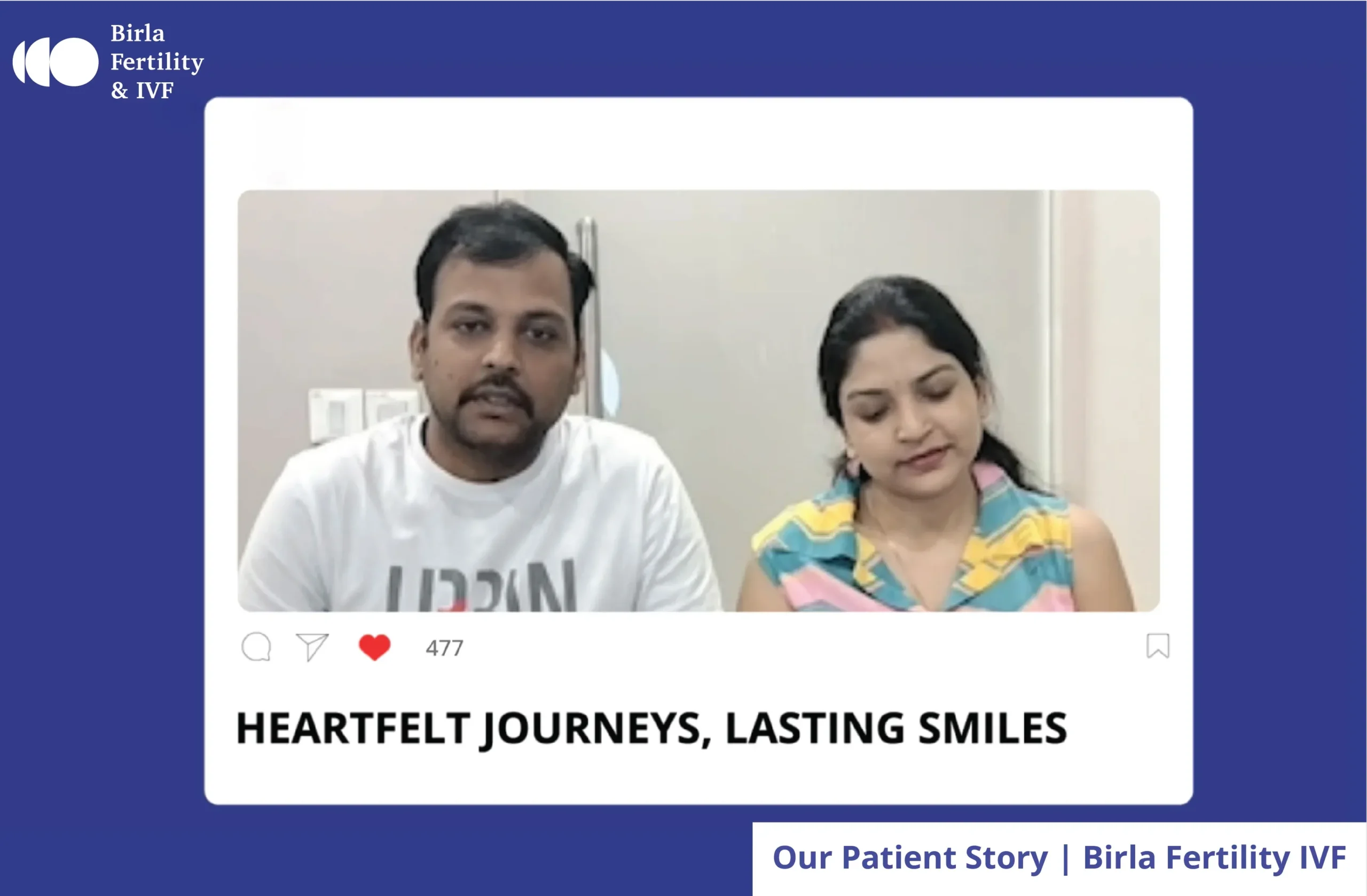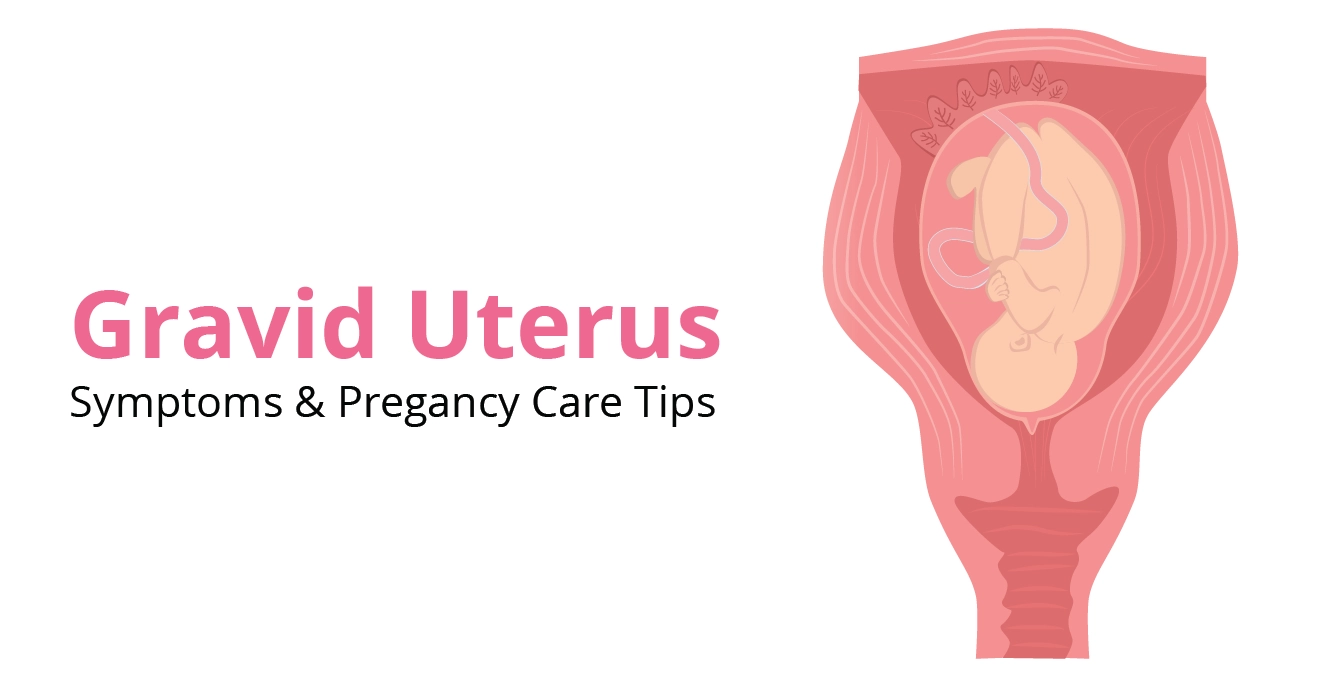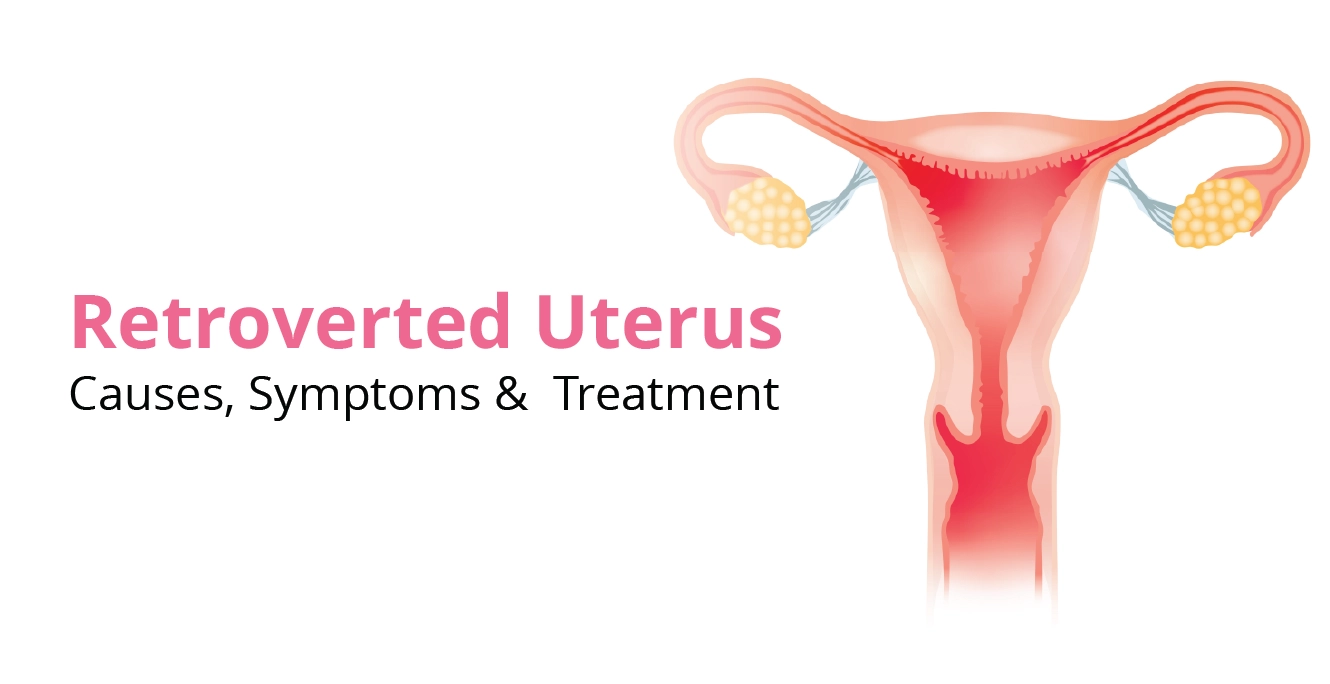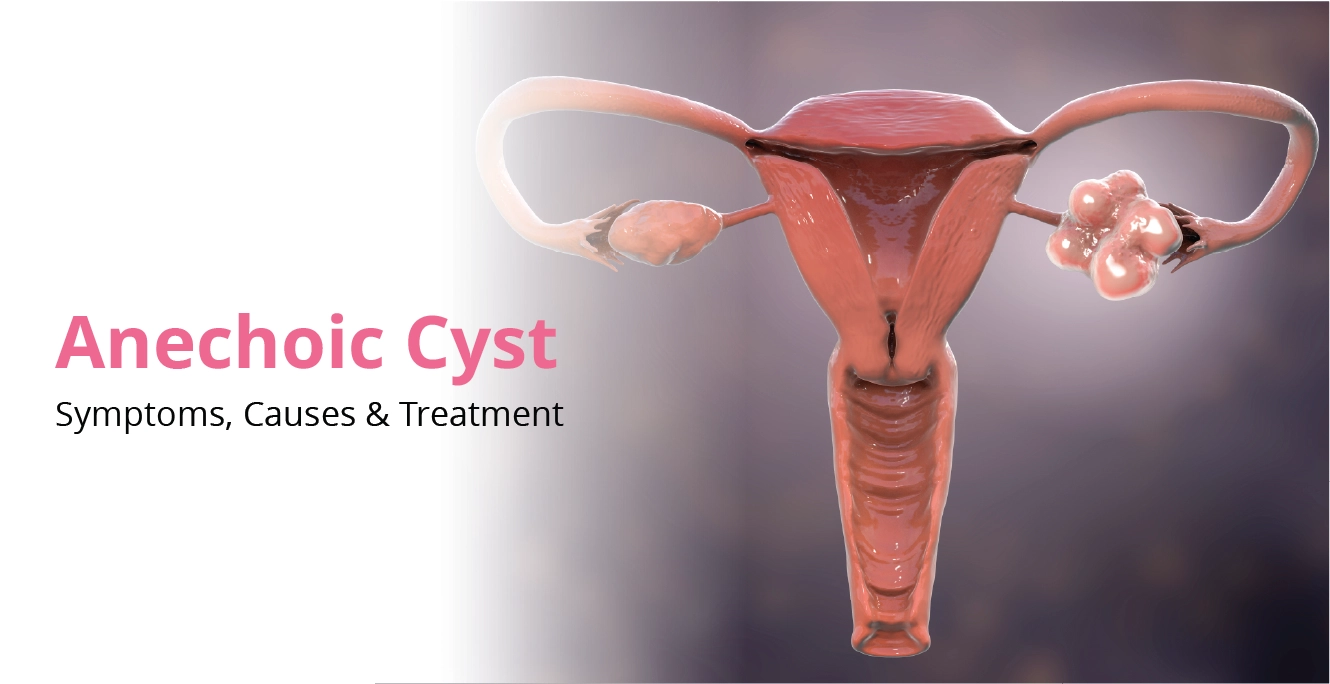PCOS Clinic
Polycystic Ovary Syndrome (PCOS) is a hormonal disorder affecting women and girls of reproductive age. It leads to an imbalance of reproductive hormones, causing irregular periods, cysts in the ovaries, and excess androgen levels. This condition can impact fertility, weight, and overall health, but with proper diagnosis and treatment, symptoms can be effectively managed.
At Birla Fertility & IVF, we offer a dedicated PCOS Clinic that provides comprehensive care for women at every stage of their PCOS journey. Our clinic offers personalized treatment plans, including tailored diet and nutritional guidance, to effectively manage PCOS and improve overall well-being.
Let us help you:
- Understand your body better
- Explore customized treatment options
- Learn how to manage your condition with lifestyle changes
- And more…
Let us guide you towards a healthier and happier life while managing PCOS.

Symptoms of PCOS
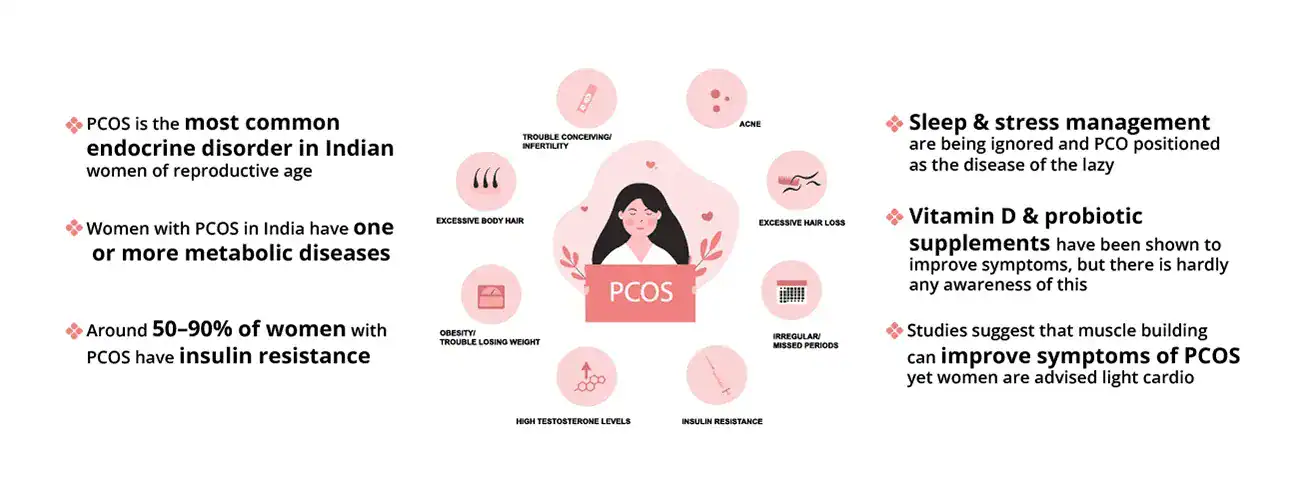
The symptoms of PCOS can vary widely from woman to woman, making it a condition that is often misunderstood or misdiagnosed. These are the more noticeable symptoms:
- Irregular periods: Infrequent, prolonged, or absent menstrual cycles
- Excess hair growth: Known as hirsutism, women get male pattern body hair growth
- Adult acne: Persistent acne, particularly on the face, chest, and upper back
- Sudden weight gain: Especially around the stomach and reproductive organs
- Thinning hair: Hair loss or thinning on the scalp, male pattern balding
- Fertility problems: Due to irregular ovulation or anovulation (lack of ovulation)
If any of these symptoms show up, it’s vital that you seek prompt medical advice. Early diagnosis and management can help mitigate the long-term effects of PCOS.
What to Expect During Your Visit?
Diagnosing PCOS typically involves a combination of medical history review, physical examination, and specific tests. During your visit, your healthcare provider will likely:
- Review your medical history: This includes discussing your menstrual cycle, any symptoms you’re experiencing, and your family history of PCOS or related conditions.
- Conduct a physical examination: Your doctor may check for signs of excess hair growth, acne, and other symptoms of PCOS.
- Order blood tests: These tests measure hormone levels, including androgens and insulin, to help identify any imbalances.
- Perform an ultrasound: An ultrasound can help visualise the ovaries and detect the presence of cysts, as well as assess the thickness of the endometrium (the lining of the uterus).
Screening and diagnosis of PCOS is the first step toward understanding your condition and finding the right management approach.

PCOS and Fertility

PCOS has a direct impact on fertility. The irregular ovulation associated with PCOS can make it difficult to conceive, 50-70% of women with PCOS may experience difficulty getting pregnant – Source :National Institute of Child Health and Human Development
However, fertility treatments can help.
- Ovulation induction: Specific medications are commonly prescribed to stimulate ovulation in women with PCOS.
- Assisted reproductive technologies (ART): In cases where medication alone is not effective, treatments like in vitro fertilisation (IVF) may be recommended.
- Lifestyle modifications: As mentioned earlier, losing weight and improving insulin resistance can significantly enhance fertility outcomes in women with PCOS.
It’s important to remember that while PCOS can make conception more challenging, many women with PCOS go on to have healthy pregnancies with the right treatment and support.
Why Choose Us
Choosing the right fertility clinic is crucial for starting your family. At Birla Fertility & IVF, we offer personalised care with expert specialists guiding you every step of the way. Our advanced labs and outstanding success rates have helped over 2,30,000 patients achieve their dream of parenthood.
Our PCOS Packages
PCOS Adolescent Package
45003000- Total and Free Testosterone, TSH, HbA1C, Lipid Profile
PCOS Reproductive Package
70005700- Total and Free Testosterone, TSH, Prolactin, Lipid Profile, AMH, USG
Frequently Asked Questions
Recent Blogs
Book an appointment
Hassle-Free Appointment Booking
Select Preferences
I know my doctor
PCOS Treatment in Different Cities
- PCOS Treatment in Jalandhar
- PCOS Treatment in Perinthalmanna
- PCOS Treatment in Thrissur
- PCOS Treatment in Palakkad
- PCOS Treatment in Kannur
- PCOS Treatment in Kozhikode
- PCOS Treatment in Ranchi
- PCOS Treatment in Patna
- PCOS Treatment in Varanasi
- PCOS Treatment in Gorakhpur
- PCOS Treatment in Meerut
- PCOS Treatment in Prayagraj
- PCOS Treatment in Kolar
- PCOS Treatment in Salem
- PCOS Treatment in Vijayapura
- PCOS Treatment in Nagpur
- PCOS Treatment in Raipur
- PCOS Treatment in Rewari
- PCOS Treatment in Jaipur
- PCOS Treatment in Guwahati
- PCOS Treatment in Siliguri
- PCOS Treatment in Howrah
- PCOS Treatment in Indore
- PCOS Treatment in Bhopal
- PCOS Treatment in Bhubaneswar
- PCOS Treatment in Cuttack
- PCOS Treatment in Surat
- PCOS Treatment in Ahmedabad
- PCOS Treatment in Mangalore
- PCOS Treatment in Chandigarh
- PCOS Treatment in Hyderabad
- PCOS Treatment in Lucknow
- PCOS Treatment in Bangalore
- PCOS Treatment in Chennai
- PCOS Treatment in Mumbai
- PCOS Treatment in Kolkata
- PCOS Treatment in Noida
- PCOS Treatment in Gurgaon
- PCOS Treatment in Delhi
PCOS Doctors in Different Cities
- PCOS Doctors in Jalandhar
- PCOS Doctors in India
- PCOS Doctors in Perinthalmanna
- PCOS Doctors in Thrissur
- PCOS Doctors in Palakkad
- PCOS Doctors in Kannur
- PCOS Doctors in Kozhikode
- PCOS Doctors in Ranchi
- PCOS Doctors in Patna
- PCOS Doctors in Gorakhpur
- PCOS Doctors in Meerut
- PCOS Doctors in Allahabad
- PCOS Doctors in Kolar
- PCOS Doctors in Salem
- PCOS Doctors in Vijayapura
- PCOS Doctors in Nagpur
- PCOS Doctors in Raipur
- PCOS Doctors in Rewari
- PCOS Doctors in Jaipur
- PCOS Doctors in Guwahati
- PCOS Doctors in Siliguri
- PCOS Doctors in Howrah
- PCOS Doctors in Indore
- PCOS Doctors in Bhopal
- PCOS Doctors in Bhubaneswar
- PCOS Doctors in Cuttack
- PCOS Doctors in Surat
- PCOS Doctors in Ahmedabad
- PCOS Doctors in Mangalore
- PCOS Doctors in Chandigarh
- PCOS Doctors in Hyderabad
- PCOS Doctors in Lucknow
- PCOS Doctors in Bangalore
- PCOS Doctors in Chennai
- PCOS Doctors in Mumbai
- PCOS Doctors in Kolkata
- PCOS Doctors in Gurgaon
- PCOS Doctors in Noida
- PCOS Doctors in Delhi

 Our Centers
Our Centers
















